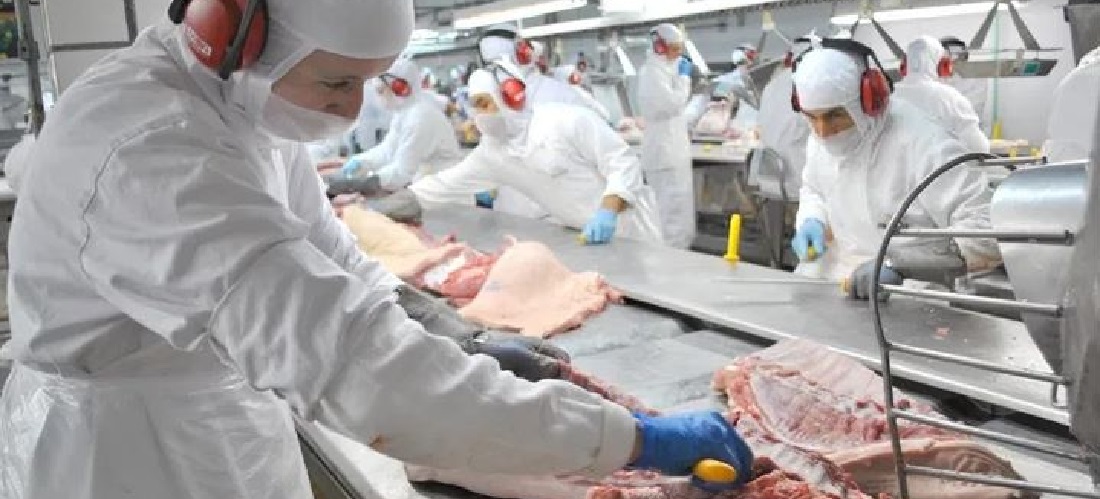
China to charge higher tariffs on pork imports in 2022
Dec, 15, 2021 Posted by Ruth HollardWeek 202148
China will increase import tariffs on most pork products next year, according to a statement on Wednesday by the Finance Ministry. The world’s biggest producer has quickly expanded domestic production and reduced its import needs.
Tariffs for most preferred nations will increase from 8% to 12% on Jan. 1, according to a statement from the ministry.
China cut its tariffs on frozen pork in 2020 from 12% to 8% while it was facing rising domestic meat prices following a devastating disease outbreak.
Imports reached record levels and remained at high levels during the first half of the year, despite the recovery of the swineherd and prices falling below the cost of production in the third quarter.
“Adjusting rates in a timely manner can help secure supplies and stabilize prices in the domestic market, making reasonable use of the international market,” said Zhu Zengyong, a researcher at the Chinese Academy of Agricultural Sciences.
The higher rates will further reduce imports from major exporters such as the US and Spain; imports have already fallen sharply in recent months.
China is also the biggest importer of pork from Brazil, which shipped around half of its total exports to the Asian country from January to November.
Pork arrivals in October were down 40% from a year earlier, falling to 200,000 tons, while YTD imports have fallen just 8% from a year earlier to 3.34 million tons, according to customs data.
Source: Money Times
To read the full original article, access the link: https://www.moneytimes.com.br/china-vai-cobrar-tarifas-mais-altas-sobre-importacoes-de-carne-suina-em-2022/
-
Ports and Terminals
Nov, 17, 2023
0
Brazil’s Porto do Açu plans investments to dismantle oil platforms
-
Shipping
Jul, 27, 2021
0
Argentina declares water emergency in Paraná river basin
-
Ports and Terminals
Apr, 19, 2024
0
Santos Port Authority Sees 3rd public hearing on Santos-Guarujá tunnel
-
Other Logistics
May, 19, 2023
0
High logistical costs weigh down Brazil’s grain market



